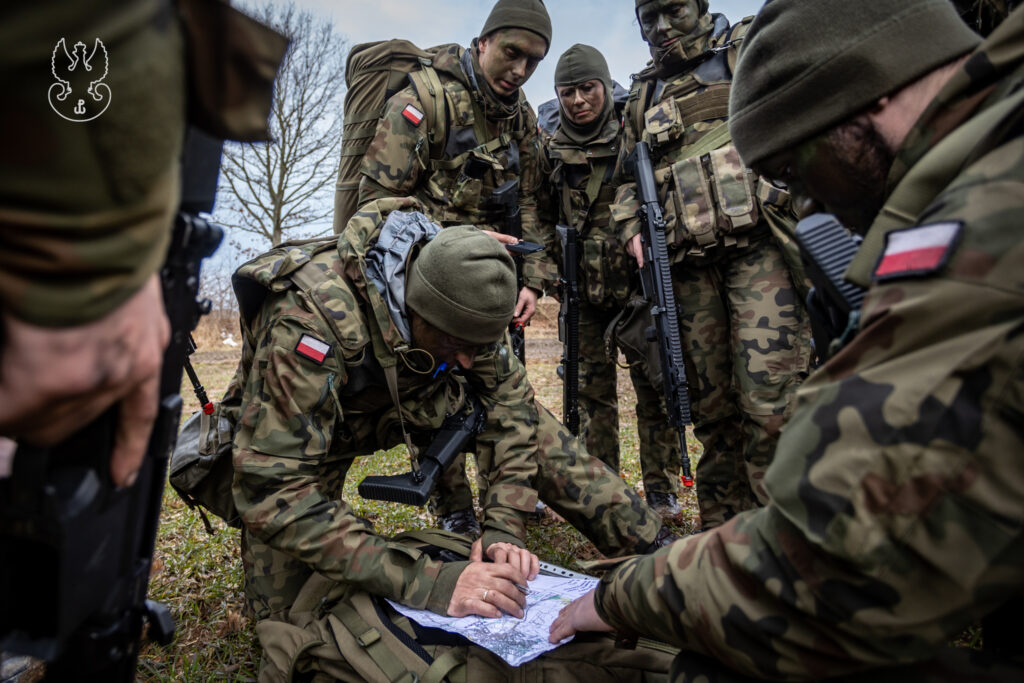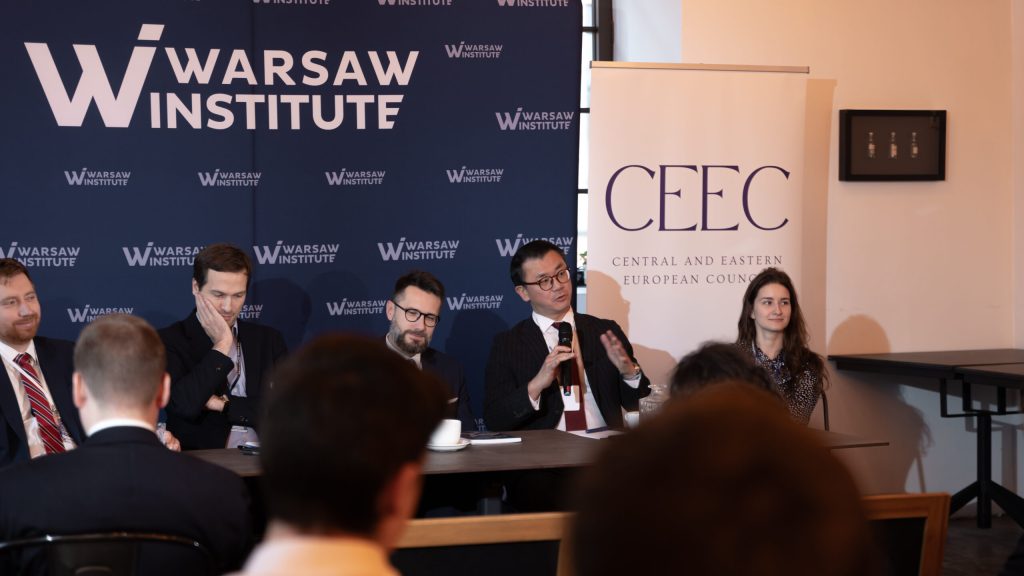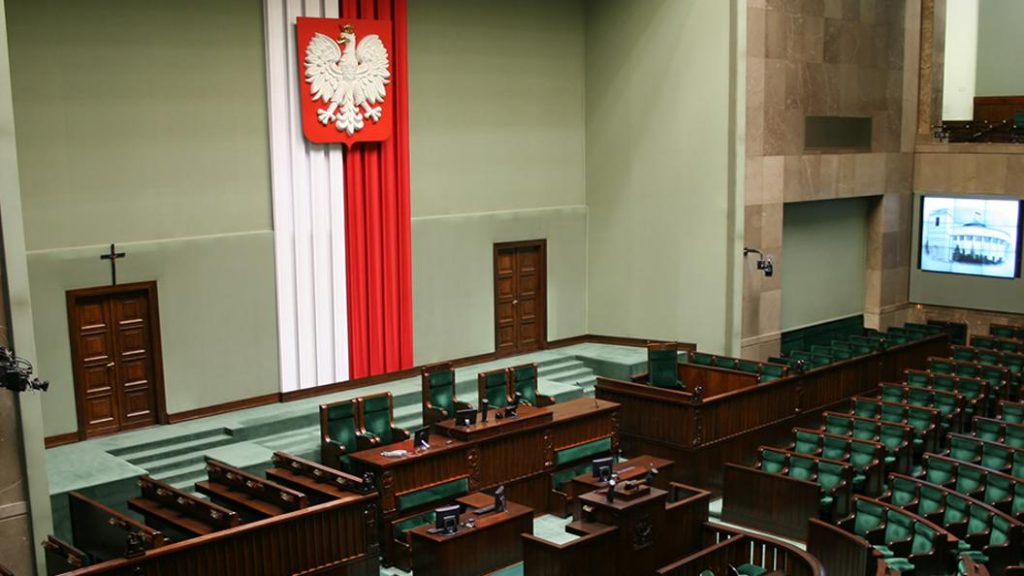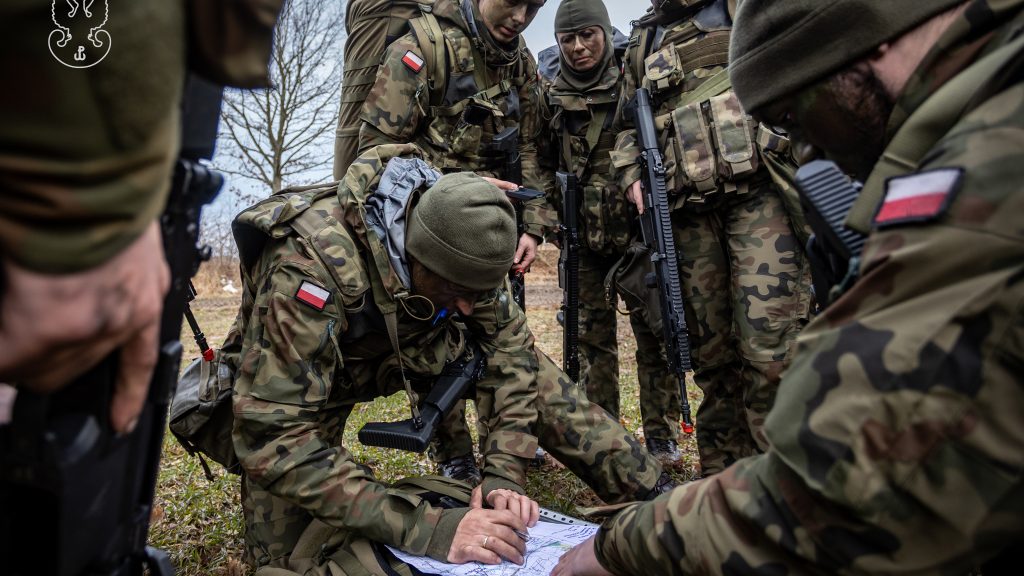Article from portal: visegradpost.com Author: Olivier Bault

Sovereignty.pl is an English-language opinion website associating Polish conservative columnists and commentators who write about the major topics that fuel the public debate in their country.
The claim that France is at risk of being plunged into anarchy – and maybe even full-fledged civil war – has been made by several high-ranking officers and political leaders in recent years. But if a civil war does break out, the French native population will be somewhat defenseless, even if they are (still) a majority.
This article was originally published in English on Sovereignty.pl. To see the full version on Sovereignty.pl, please click here.
France’s six nights of chaos in late June and early July this year were observed with bewilderment in neighboring countries. The shooting of a young thug of Algerian origin set the country’s immigrant suburbs on fire, and the flames of anger soon spread to the centers of big cities as well as to smaller cities and towns across the country.
(…)
The claim that France is at risk of being plunged into anarchy – and maybe even full-fledged civil war – has been made by several high-ranking officers and political leaders in recent years.
(…)
It is telling that in bestselling author Laurent Obertone’s book Guerilla – The Day Everything Went Up in Flames (Guérilla – Le jour où tout s’embrasa), describing events very reminiscent of what happened a few months ago in France, but where things do get out of control, engulfing France in a full-fledged civil war after three days of descent into chaos, the army is not sent in to restore order.
The French army has a large proportion of soldiers with immigrant backgrounds in its ranks, and in Obertone’s book, which claims to have been written “based on the listening, detection, and forecasting work of French intelligence,” there are fears those soldiers, or some of them, might take sides with the hordes that come from the same suburbs and “sensitive districts” as they do.
If a civil war breaks out, the French native population will be somewhat defenseless, even if they are (still) a majority. The country’s armed forces have been shrinking in size over the years, down to a little over 200,000 military personnel in total in 2023 (including over 60,000 reservists). At the turn of the century, President Jacques Chirac abolished compulsory military service for all Frenchmen born after 1979.
This means that most law-abiding citizens in France who were born after that year have never had a weapon in their hands and would not even know how to use a firearm. It would be difficult to reestablish compulsory military service today, and anyway it would mean training all French citizens – including those who hate France, do not consider themselves French, and might later pledge allegiance to some kind of Islamic State (or perhaps already have).
Creating a territorial defense force like the one that has been set up in Poland in recent years would be a much better solution. It would mean training and arming volunteers only, that is, people with a sense of patriotism, and the French authorities could very well exclude from that scheme the country’s internal enemies from the “sensitive districts” by making acceptance conditional on having no police or judicial record and not being “fiché S,” that is, not being recorded by the police as presenting a potential danger to public safety.
Certainly, it is not for the same reason that the Poles created their own territorial defense force in 2017. Like its Central European neighbors, which have not yet gone fully multicultural in the fashion of Western Europe, Poland is a safe country, with much less crime and fewer rapes, and with no mass rioting of the type seen in France two months ago. When Poles talk of a civil war in their country, they are referring to the heated political debate and not to the risk of a real civil war.
In Poland, compulsory military service for all young men was suspended in 2008 and has remained so since then.
However, after the conservative right won the elections in 2015, it was decided to create a Territorial Defense Force to face the danger of a “hybrid” war or a proxy war like the one Russia had been waging in eastern Ukraine since 2014. This force was also meant to become a partisan army in the rear of an invading Russian army when it was believed the latter’s capacity made a rapid retreat of the Polish regular army likely in the event of an invasion – before there could even be a reaction from NATO partners.
Remember that until 2016, there were no NATO troops stationed in Poland or the Baltic states, and hardly any elsewhere on the Alliance’s eastern flank… Poland’s Territorial Defense Force has also proved very useful in times of natural disasters and in the face of Lukashenko’s assault on the Polish border with the migrants he has been bringing in from the Middle East and Africa.
As of today, Poland’s territorial defense has some 36,000 troops, forming light infantry battalions initially concentrated in the eastern part of the country (close to the source of the perceived threat), but increasingly spread throughout Poland’s territory as they grow in size. Their role is to:
- conduct defensive operations in cooperation with regular troops and in support of civilian organs;
- conduct independent unconventional, counterinsurgency, and counter-deployment operations;
- participate in securing the reception and deployment of allied reinforcement forces in their areas of action;
- act in the field of crisis management, combatting natural disasters and eliminating their consequences, providing protection of property, and conducting search and rescue operations;
- conduct information activities.
The members of the Territorial Defense Force are all volunteers who enlist for a (modestly) paid rotational military service, which they combine with their civilian lives. They sign up for a period of one to six years, which can be renewed. Active service in the Polish Territorial Defense Force starts with 16 days of training for those with no military experience or 8 days for army reservists. They then have rotational training for two days each month, always during weekends, with an additional integrated training of 14 days each year. The military training takes place close to where members of the force live, allowing people to join the armed forces without having to give up their civilian lives.
The Territorial Defense Force in Poland is indeed one of the five branches of the Polish Armed Forces (the others being the Land Forces, the Air Force, the Navy, and the Special Forces), in a country that now spends the equivalent of 3% of its GDP on its defense, way above the NATO-imposed minimum commitment of 2% of GDP. By comparison, France spends only 1.8% of its GDP on defense and thus remains below NATO’s 2% threshold.
When this new component of the Armed Forces was initially created a few years ago, it was debated whether its members should be allowed to keep their weapons at home, as in the Swiss army, or whether those weapons should be kept in an array of safe locations from where they could be swiftly distributed in case of need. The second option was chosen, as the general principle in Poland is that law-abiding citizens should have limited access to firearms (just like in France). But this could be changed rapidly in case of necessity.
The general idea behind the creation of a Territorial Defense Force in Poland was to make the country more resilient, thus acting as an additional deterrent to a potential aggressor (Russia).
A French territorial defense force of this kind would surely hugely improve the resilience of French society as a whole. Just like the Polish territorial force, it would be a powerful deterrent against those who might want to go further than just use fireworks, stones, and Molotov cocktails to spread mayhem in French towns and cities (…).
It could also prove very useful to alleviate France’s overstretched military in securing the thousands of civilian “sensitive points” across France. Like compulsory military service once did, a French Territorial Defense Force would have a positive effect on reunifying a divided society, by gathering together people with diverse backgrounds, including immigrant backgrounds, but having in common their love for France.
And it would be a civilized, democratic alternative to the temptation some young French patriots might have to do something on their own to try and save their country. It is not clear that there are many such patriots ready to act in such a way, but the danger of the “far right” is constantly brandished by Macron’s government and in particular by his interior minister Gérald Darmanin. So why not channel the desire of some French people to defend and perhaps even save their country by creating a Territorial Defense Force like Poland has done?
Read the full article on Sovereignty.pl
PHOTO: DWOT, https://media.terytorialsi.wp.mil.pl/multimedia













